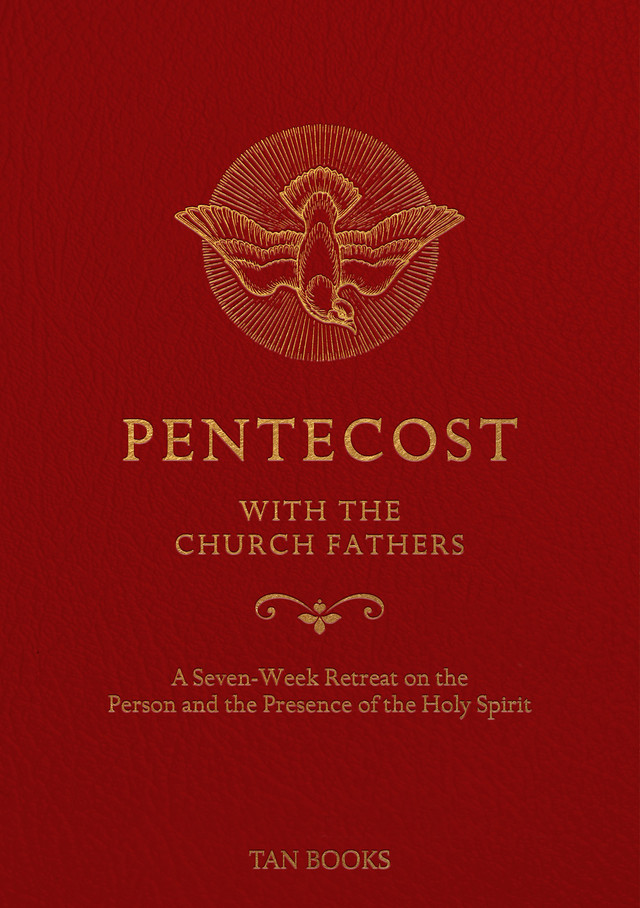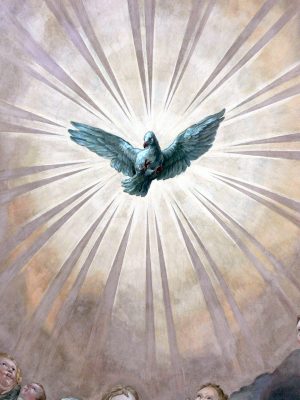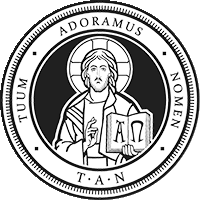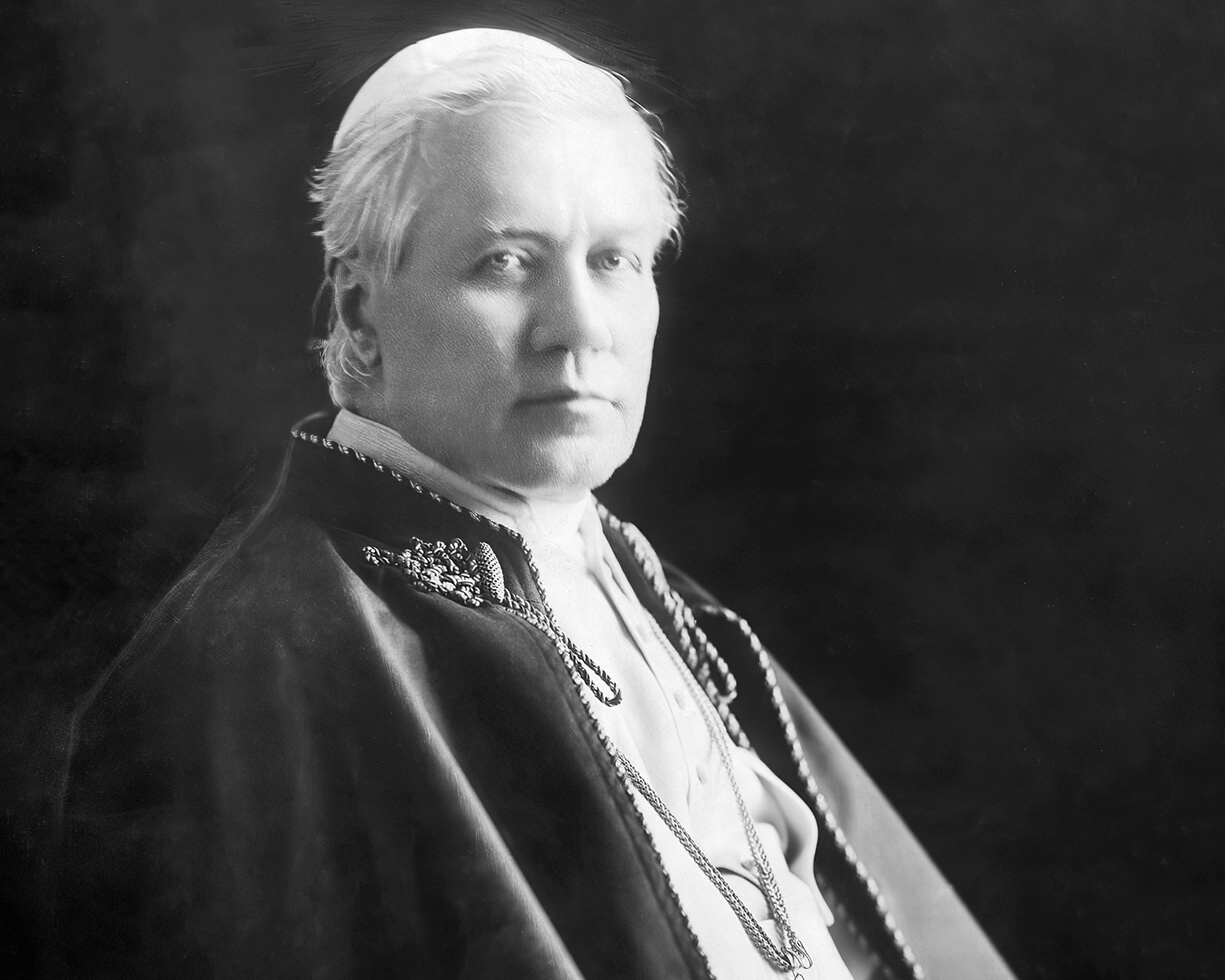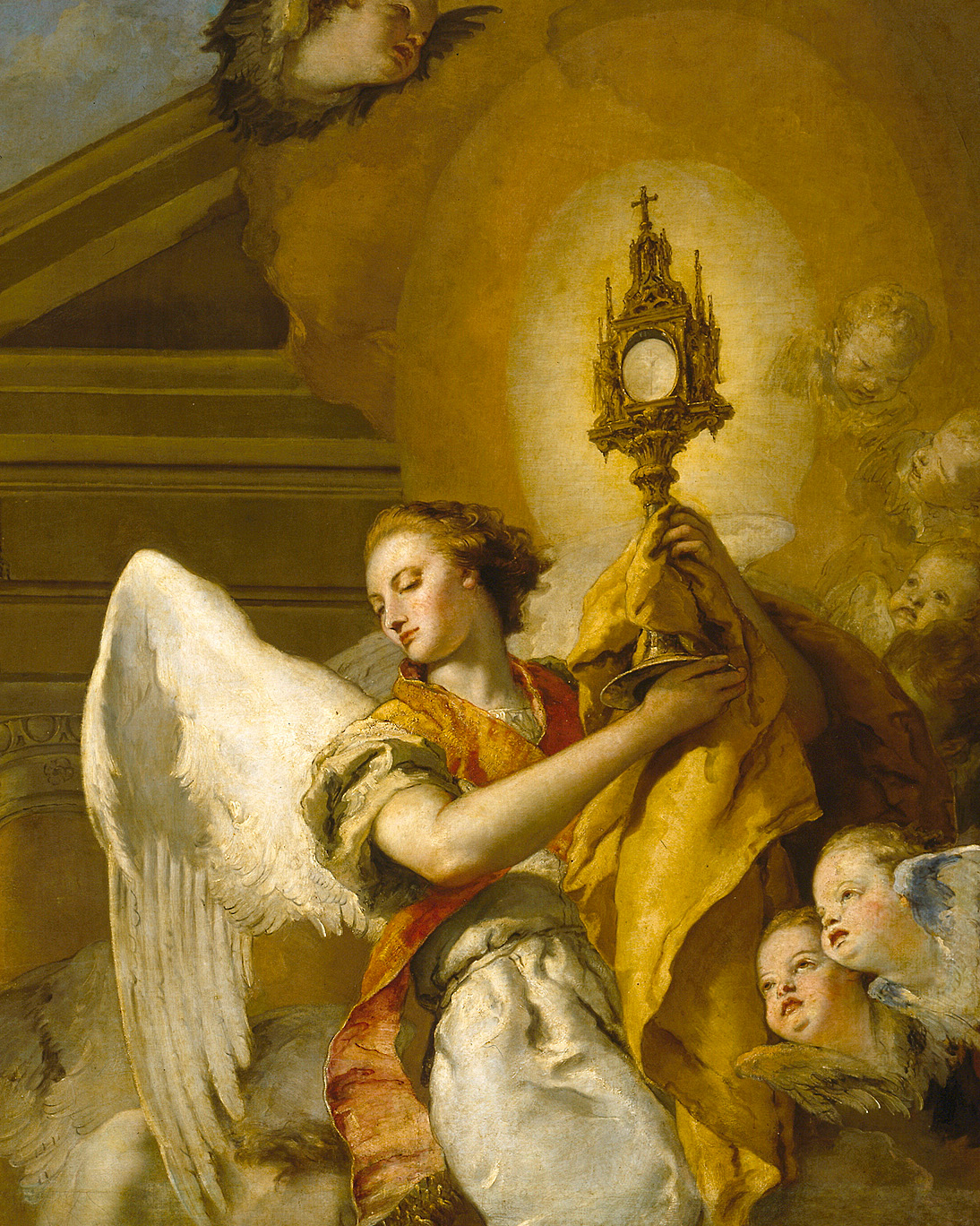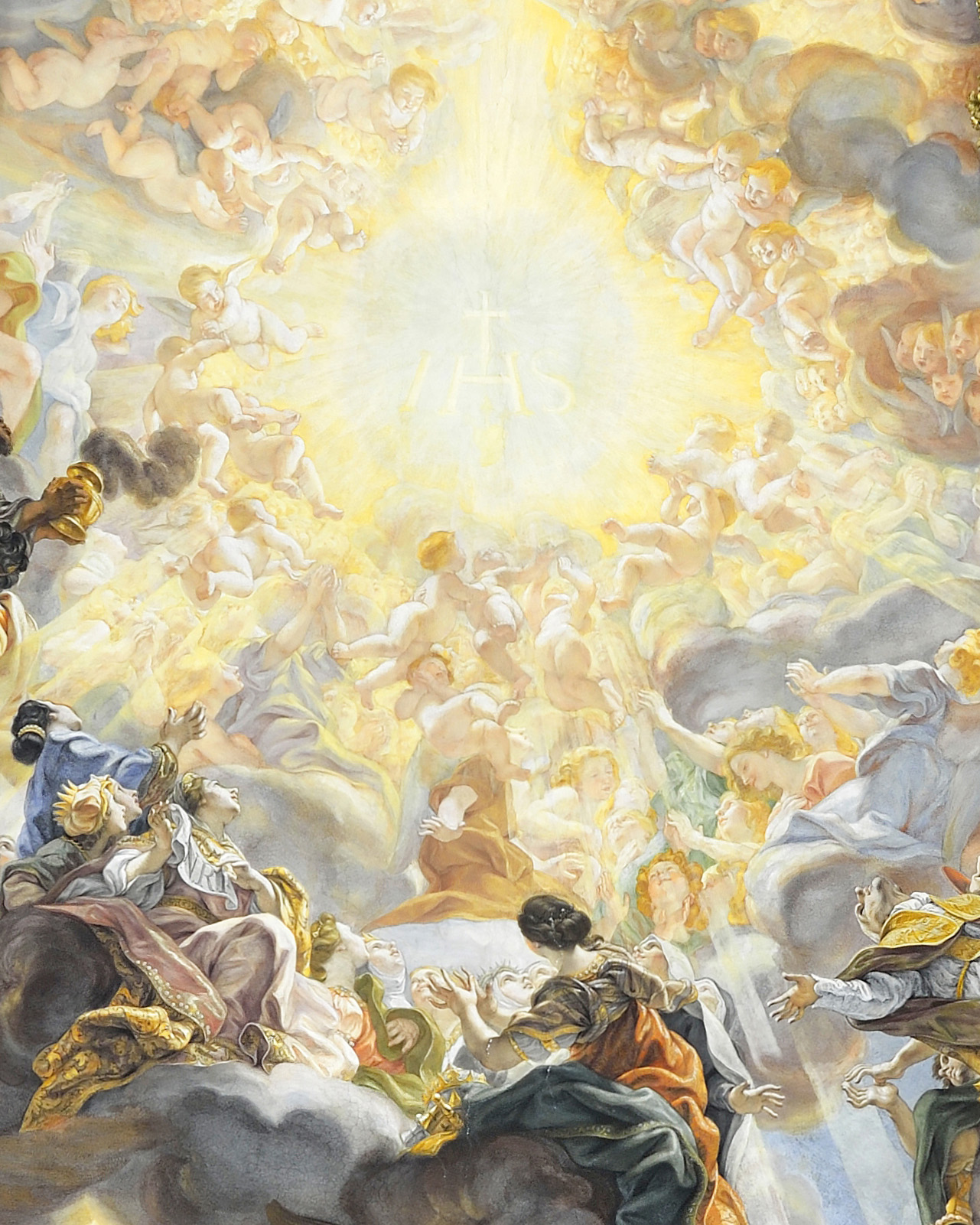Who is the Holy Spirit? This excerpt, taken from Pentecost with the Church Fathers, attempts to answer this question through a look at the Bible, Christian Tradition, and the word “spirit” itself.
According To The Bible
But who does the Bible say this Spirit is? Or more precisely, as the author of the Bible, who does the Holy Spirit Himself say He is? First, we should notice how He chooses to reveal Himself slowly, knowing our limited capacity to understand Him. Second, collaborating with the hands and the minds of each particular human author, the Holy Spirit prompted these men with the scriptural images, words, and wisdom that would become the fundamental basis of all Christian truth. Consequently, it is the Holy Spirit who covertly introduces Himself in the opening line of all Sacred Scripture: “In the beginning, when God created the heavens and the earth and the earth was without form or shape, with darkness over the abyss and a mighty wind sweeping over the waters . . .” (Gn 1:1–2).
According To Tradition
The great Christian Tradition has always encountered all three of the divine persons of the Trinity in these words of the Spirit: “God” is the Father who creates; the “beginning” is the Son in whom the Father creates, providing the pattern and the promise of all creation (the word for “beginning” here is not the word for a temporal or chronological start but is the word for a “principle” or even an “archetype,” the Son in whom all things have come to be; cf. Jn 1:3). Finally, that “mighty wind sweeping over the waters” refers to the Holy Spirit who informs all of creation by His universal presence.
A Linguistic Look At “Spirit”
Saint Basil (d. 379), the very influential bishop of Caesarea in modern-day Turkey, makes sure his readers understand the Spirit’s activity here “in this sense,” realizing that the Spirit can be understood in various ways. The “special name” Basil knows Scripture uses for the Holy Spirit is the Hebrew rûah, and it is used almost four hundred times in the Old Testament.
First Usage
God’s chosen people saw in this term rûah three different uses. The first and most foundational usage is spirit as the “breath” of God that vivifies creatures. We see this right in the beginning when God breathes His own life into humanity, giving us our unique status as God’s own images and likenesses: “Then the Lord God formed the man out of the dust of the ground and blew into his nostrils the breath of life, and the man became a living being” (Gn 2:7). A living thing breathes while one void of life does not, and the Jewish people understood that God had imparted His own divine life into all peoples, making all people images and likenesses of their heavenly Father.
Second Usage
The second use of spirit appears when selected individuals needed to be made more godlike in order to accomplish some task for the people of Israel. For instance, when Samuel anoints Saul as a prophet, He promises him that the power of God will be with him as he continues his journey as Israel’s leader: “After that you will come to Gibeath-elohim, where the Philistine garrison is located. As you enter that city, you will meet a band of prophets coming down from the high place. They will be preceded by lyres, tambourines, flutes, and harps, and will be in prophetic ecstasy. The spirit of the Lord will rush upon you, and you will join them in their prophetic ecstasy and will become a changed man. When these signs have come to pass, do whatever lies to hand, because God is with you” (1 Sm 10:5–7).
Third Usage
The third use of spirit is more reminiscent of what Christians imagine when they think of Pentecost. While the Holy Spirit is not yet totally understood as a separate and distinct divine person in the Old Testament (lacking any theology of the Trinity), the Jewish people do set the stage to understand God’s Spirit as the uncreated expression of God’s care. For instance, as God was forming His people, He begins to work on the malicious Pharaoh through Joseph, “a man so endowed with the spirit of God” (Gn 41:38). The same Spirit came upon Samson as he needed to achieve some superhuman feat: “But the spirit of the Lord rushed upon Samson, and he tore the lion apart barehanded, as one tears a young goat. Without telling his father or mother what he had done” (Jgs 14:6). Or, more notably, David was anointed king with the Spirit who promised never to leave him: “Then Samuel, with the horn of oil in hand, anointed him in the midst of his brothers, and from that day on, the spirit of the Lord rushed upon David” (1 Sm 16:13). Only through the Holy Spirit could a man come to repent and compose Psalm 51 after committing adultery and murdering the rightful husband of his concubine. Even in the Old Testament, then, the Spirit of God imparts not only a natural life into us but a supernatural life as well. The Spirit enables us to speak the truth when difficult, to live each day when we feel like giving up, to overcome barriers and to live with purpose, integrity, and joy. Yet the Church Fathers could not equate the Old Testament figures’ encounters with the Holy Spirit with the power of Pentecost.
ooo
This article is taken from a chapter in Pentecost with the Church Fathers: A Seven-Week Retreat on the Person and Presence of the Holy Spirit which is available from TAN Books.
